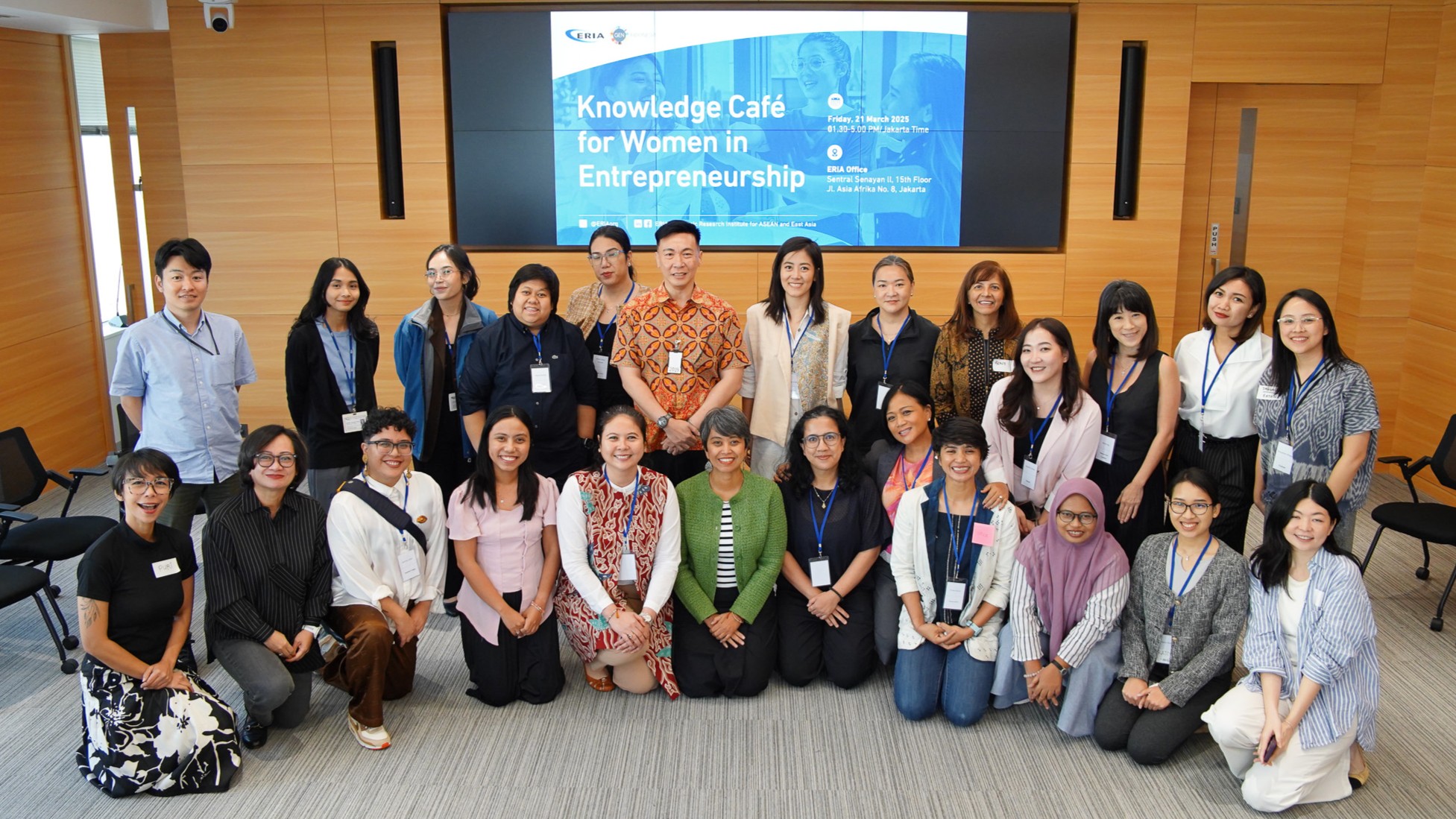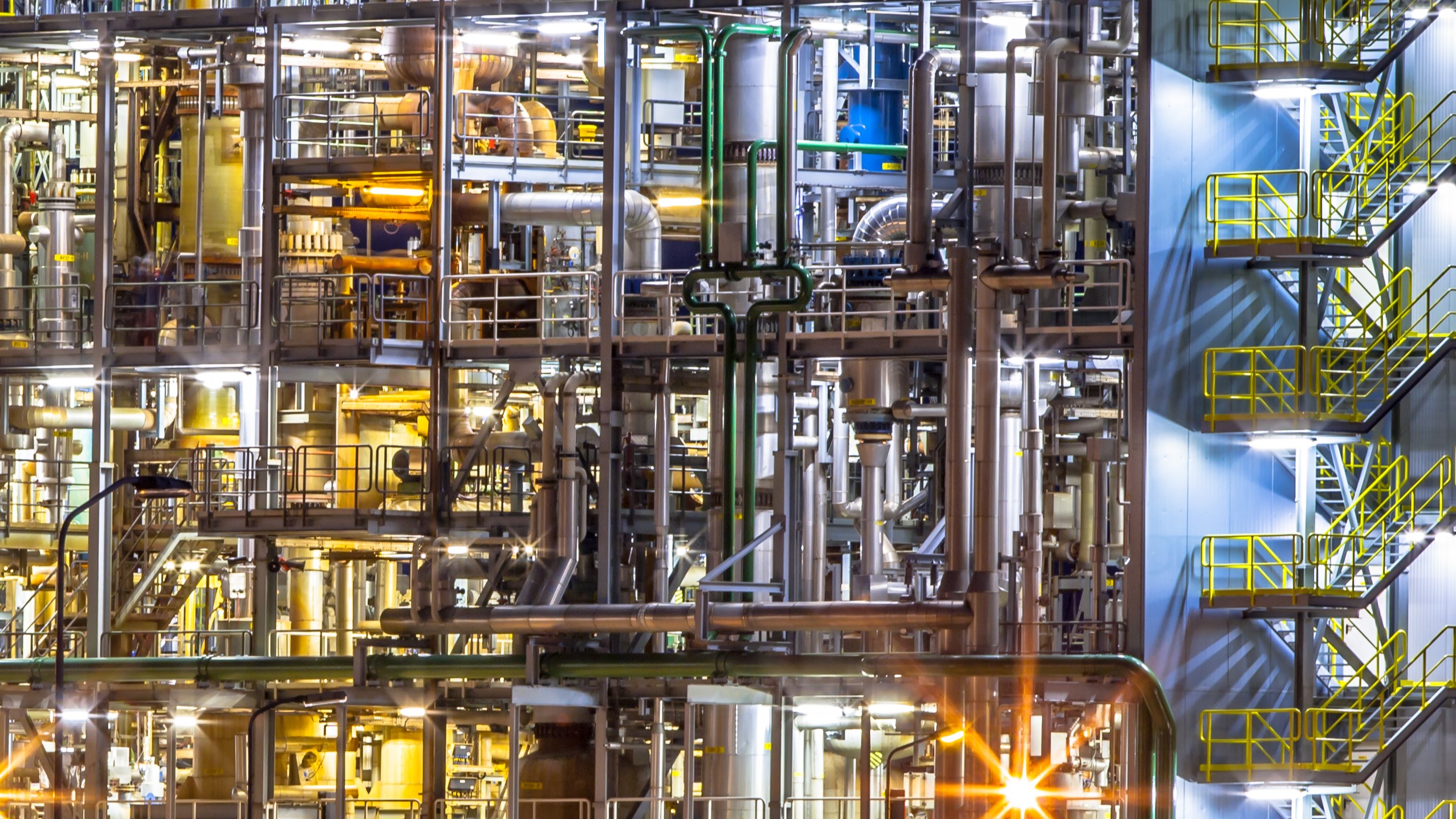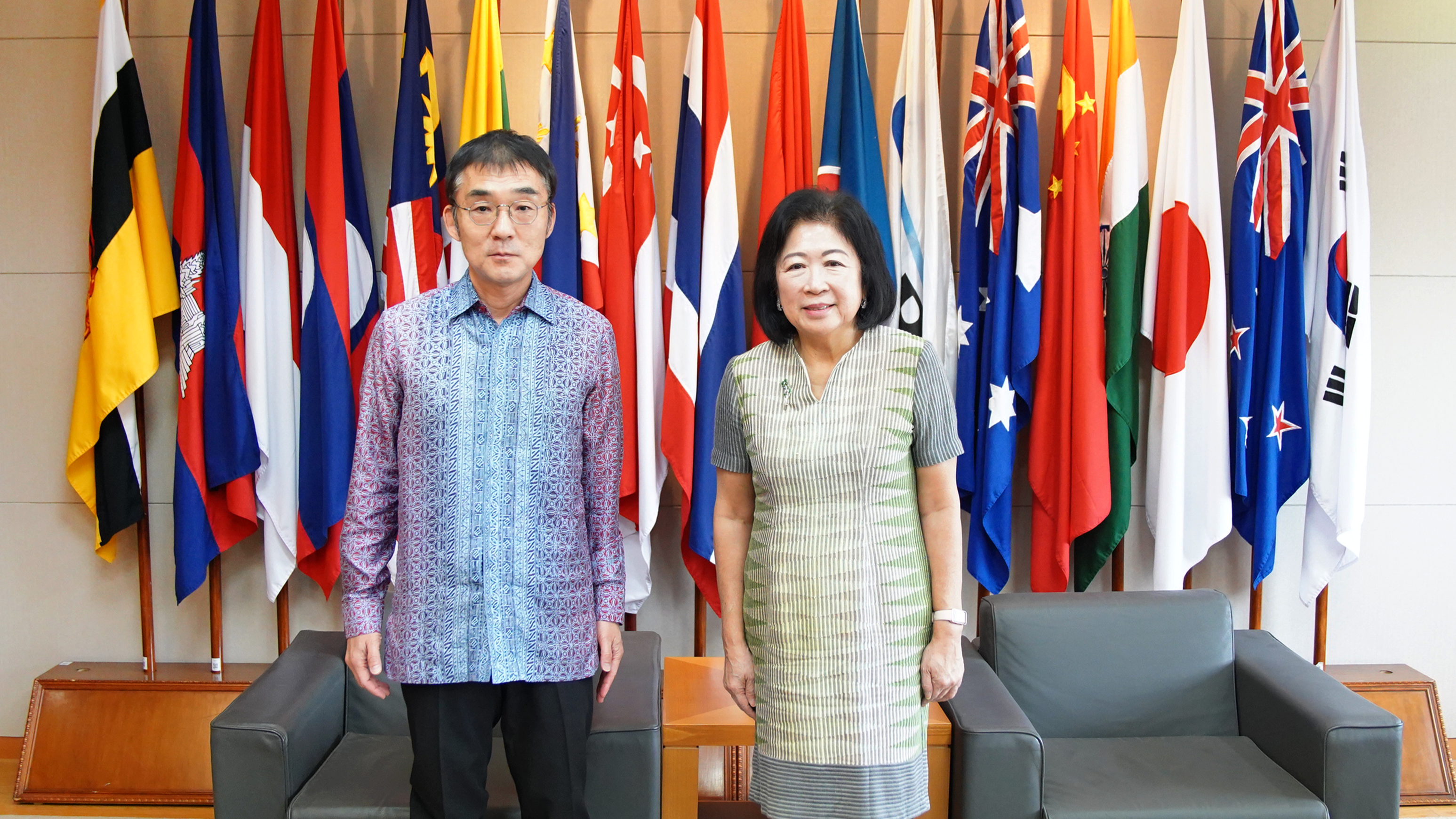News

Availability, accessibility, and affordability of energy supply is the most fundamental requirement for the Association of Southeast Asian Nations (ASEAN) member countries in their energy policy planning and implementation. The East Asia Summit (EAS) Energy Outlook, updated by Economic Research Institute for ASEAN and East Asia (ERIA) in 2019-20, suggested that ASEAN would still depend on fossil fuels by 2050 and the share of fossil fuels per total primary energy supply (TPES) in 2050 would be 87% in the Business-as-Usual (BAU) scenario and 82% under the Alternative Policy Scenario (APS) including aggressive energy efficiency and conservation (EEC) and variable renewable energy (vRE) targets. CO2 emissions by ASEAN countries from 2017 to 2050 are expected to increase by 3.2 times in the BAU scenario and by 2.3 times under the APS.
On the other hand, the Paris Agreement sets the long-term temperature goal to hold the increase in the global average temperature to well below 2°C above pre-industrial levels and pursue efforts to limit the temperature increase to 1.5°C above pre-industrial levels. In order to achieve the long-term temperature goal, Parties to the Paris Agreement aim to reach global peaking of greenhouse gas emissions as soon as possible and to undertake rapid reductions thereafter so as to achieve a balance between anthropogenic emissions by sources and removals by sinks of GHGs (carbon neutrality) in the second half of this century. With this in mind, a growing number of countries have announced carbon neutral goals by 2050 for contributing to the above objective of the Paris Agreement. The IEA released ‘Net Zero by 2050: A Roadmap for the Global Energy Sector’depicting a pathway towards global net-zero emission in the world by 2050 including the ASEAN region. However, carbon neutrality cannot be achieved by simply announcing it. One size does not fit all. As the Parties to the Paris Agreement, ASEAN countries need to pursue low carbon energy transition pathways aiming at carbon neutrality as their ultimate objective taking into account each country’s specific national circumstances and ensuring other policy objectives, namely, availability, accessibility and affordability. With the participation of policymakers, energy analysts and private sectors in the EAS region, the Fourth East Asia Energy Forum will discuss feasible and ASEAN specific pathways towards of carbon neutrality as their ultimate objective.
The Fourth East Asia Energy Forum will consist of the following three parts: 1. Gas and vRE as low carbon transition energy towards carbon neutrality, 2. Hydrogen and Ammonia as energy technologies for ultimate carbon neutrality, and 3. Carbon Neutral Pathway for ASEAN. Carbon Capture Utilization and Storage (CCUS) is also one of the indispensable zero-carbon technologies. Since it was already taken up at the Third East Asia Energy Forum held in November 2020 and the First Asia CCUS Network Forum in June 2021, it will be discussed in part 2 together with hydrogen and ammonia.
In panel session 1, the role of natural gas and VRE such as solar PV will be discussed in the transitional phase towards carbon neutrality until when hydrogen, ammonia and CCUS technologies will commercially be available after 2040. In panel session 2, the role of hydrogen and ammonia and their supply-demand potential in terms of production storage transport and consumption will be discussed expecting their commercial availability after 2040. In panel session 3, experts and policymakers will discuss how to achieve net zero-emission in ASEAN beyond 2050 utilizing hydrogen, ammonia and CCUS via transitional phase utilizing natural gas and vRE.
The Fourth East Asia Energy Forum, ‘A Low-Carbon Energy Transition in the ASEAN Region’, co-hosted by ERIA and Ministry of Energy, Brunei Darussalam, will be a virtual forum due to the COVID-19. It will discuss the current status and holistic low carbon energy transition towards ultimate objective of carbon neutrality in the EAS region with particular focus on the ASEAN region
The Forum will be privileged to have an opening address by H.E. Dato Seri Setia Dr Awang Haji Mat Suny bin Haji Md Hussein, Minister of Energy, Brunei Darussalam, and H.E. Dato Lim Jock Hoi, Secretary-General of ASEAN. ERIA also aims to have keynote speeches by ministers from ASEAN 8 countries, Japan and United States.
Relive the Webinar
MC: Ms Lydia Ruddy, Director of Communications, ERIA
Opening Remarks and Keynote Speeches
Welcome and Opening Address
H.E. Dato Seri Setia Dr Awang Haji Mat Suny bin Haji Md Hussein, Minister of Energy, Brunei Darussalam (Video)
H.E. Dato Lim Jock Hoi, Secretary-General of ASEAN (Video
Keynote Speeches
H.E. Mr Suy Sem, Minister of Mines and Energy, Cambodia (Video)
H.E. Mr Arifin Tasrif, Minister of Energy and Mineral Resource, Indonesia (Video)
H.E. Kiyoshi Ejima, State Minister of Economic, Trade and Industry, Japan (Video)
H.E. U Aung Than Oo, Union Minister of Electricity and Energy, Myanmar (Video)
H.E. Mr Jesus Cristino P. Posadas, Undersecretary of Department of Energy, Philippines (Video)
Dr Jennifer Wilcox, Acting Assistant Secretary of Fossil Energy and Carbon Management, Department of Energy, United States (Video)
Scene Setting Presentation
Prof Jun Arima, Senior Policy Fellow, Economic Research Institute for ASEAN and East Asia
‘Contribution of a Low Carbon Energy Transition to Carbon Neutrality in the ASEAN Region’
Panel Session 1
Panel Session 1: Natural Gas and vRE as Transition Energy
- Moderator: Dr Han Phoumin, Senior Energy Economist, ERIA
- Panel Discussion
Mr Beni Suryadi, ASEAN Center for Energy
Dr Dmitry Sokolov, Head of Energy Economics and Forecasting Department, GECF
'Roles of Natural Gas and VRE in Energy Transition of ASEAN'
H.E. Victor Jona, Undersecretary of State, Ministry of Mines and Energy, Cambodia�
Dr Norasikin Ahmad Ludin, Assistant Professor, Solar Energy Research Institute (SERI), Malaysia National University
Panel Session 2
Panel Session 2: Hydrogen and Ammonia as Supreme Energy, and role of CCUS Technologies
- Moderator: Mr Shigeru Kimura, Special Adviser on Energy Affairs, ERIA
- Panel Discussion
Ms Ayaka Jones, International Technical Advisor, Strategic Engagement, Office of Carbon Management, Office of Fossil Energy and Carbon Management, U.S. Department of Energy
'Carbon Capture, Utilization, and Storage (CCUS) – US Perspectives'
Mr Osamu Ikeda, Leader of Business Development Section, Deputy General Manager of Hydrogen Business Department, Chiyoda Corporation
Mr Yoshikazu Kobayashi, Senior Coordinator, Fossil Fuel Unit, Institute of Energy Economics, Japan
Mr Kazuki Ishikura, President Director, PT Mitsubishi Power Indonesia
Panel Session 3
Panel Session 3: Net Zero Emission Scenarios of ASEAN Countries
- Moderator: Dr Alloysius Joko Purwanto, Energy Economist, ERIA
- Panel Discussion
Dr Yuji Matsuo, Senior Coordinator, Energy Data and Modeling Unit, IEEJ
Dr Saleh Abdurrahman, Member of committee for Downstream Oil and Gas Regulatory Body - former Senior Advisor for Environment and Spatial Planning Ministry of Energy and Mineral Resources, Indonesia
Mr Takeshi Soda, Director for International Affairs, Commissioner's Secretariat, Agency for Natural Resources and Energy (ANRE), METI Japan
Japan's Carbon-Neutral Scenario and Asia Energy Transition Initiative (AETI)
Dr Twarath Sutabutr, Chief Inspector General, Ministry of Energy, Thailand
Closing Remarks
Wrap-up and Closing
by Prof Hidetoshi Nishimura, President, ERIA
Subscribe to mailing list
Invitations | Publications | Newsletters


